Movies that make you want to burn the world
Sometimes you just want to watch everything fall apart. These films tap into that feeling, exploring rebellion, chaos, and challenging the established order.

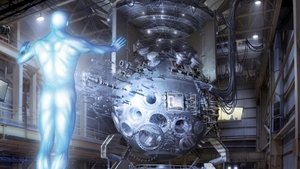
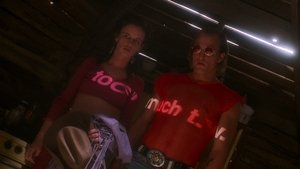
There's a certain catharsis in watching societal norms crumble on screen. Films that embody the spirit of "wanting to see the world burn" often delve deep into themes of anarchy, disillusionment, and the desire for radical change. They question authority, expose hypocrisies, and sometimes revel in the ensuing chaos.
From the underground fight clubs challenging consumerism to lone figures dismantling oppressive regimes, these stories resonate with a primal urge to break free. They force us to confront uncomfortable truths about our world and the systems we live within. Whether it's through stylized violence, psychological breakdown, or mind-bending realities, these movies offer a potent cinematic exploration of rebellion and the potential for destruction as a catalyst for change, or simply as an end in itself.
10. A Scanner Darkly (2006)
Based on the novel by Philip K. Dick, Richard Linklater's A Scanner Darkly uses striking rotoscope animation to tell the story of an undercover cop (Keanu Reeves) in a dystopian near-future who starts losing his grip on reality due to a powerful psychoactive drug. The animation style perfectly captures the film's themes of paranoia, blurred identities, and the corrosive effects of drug use.
The film's unique look was created by filming the entire movie in live-action and then animating over the footage using rotoscoping software. The cast, including Robert Downey Jr., Woody Harrelson, and Winona Ryder, performed their roles normally before the animation process began, lending a human, albeit distorted, quality to the characters.
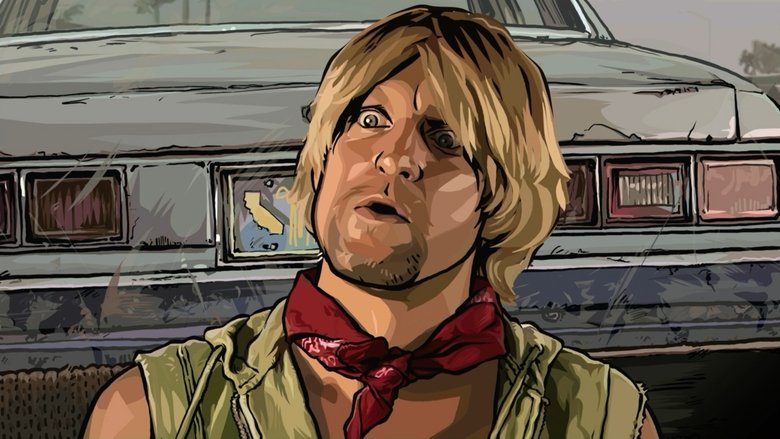
9. Inception (2010)
Christopher Nolan's mind-bending thriller Inception plunges into the architecture of the mind, where a team of skilled individuals perform corporate espionage by infiltrating dreams. Leonardo DiCaprio leads the cast as Cobb, a master of extraction who is given the seemingly impossible task of 'inception' – planting an idea rather than stealing one.
The film is renowned for its intricate narrative structure, stunning visual effects (many achieved through practical means, like the famous rotating hallway fight sequence), and complex exploration of reality versus illusion. Nolan wanted the film to feel grounded despite its fantastical premise, drawing on his own experiences with lucid dreaming and the concept of shared dreaming.

8. Blade Runner (1982)
Ridley Scott's Blade Runner is a landmark of science fiction, presenting a rain-soaked, dystopian Los Angeles in 2019 (which felt impossibly far off at the time). Harrison Ford plays Rick Deckard, a detective tasked with hunting down rogue synthetic humans known as replicants. The film is less about action and more about atmosphere and existential questions.
The film's visual design, heavily influenced by futures noir and the artwork of Moebius, set the standard for cyberpunk aesthetics. Vangelis's electronic score perfectly complements the film's melancholic and futuristic mood. There are multiple versions of the film, most notably the Final Cut, which restores Scott's original vision and removes the studio-mandated happy ending and voiceover, deepening its ambiguous themes.
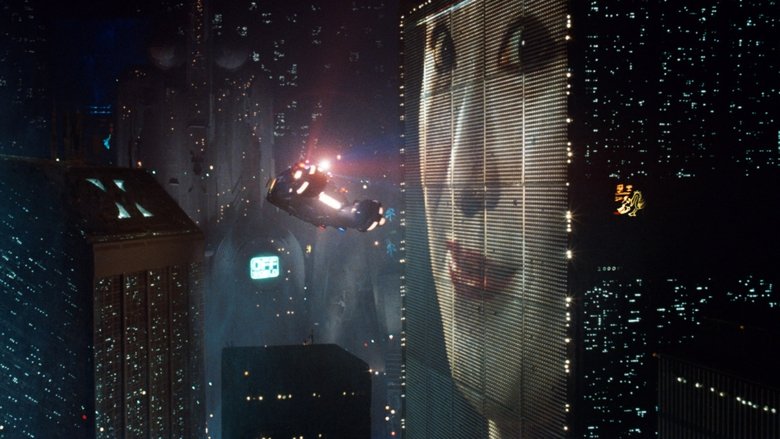
7. The Matrix (1999)
Step into a world where reality is an illusion in The Matrix, the groundbreaking sci-fi action film from the Wachowskis. Keanu Reeves stars as Neo, a hacker who discovers that humanity is unknowingly trapped in a simulated reality created by machines, leading him to join a rebellion to break free.
The film redefined action cinema with its innovative 'bullet time' effect, which allowed viewers to see action sequences in slow-motion while the camera appeared to move at normal speed. The Wachowskis drew inspiration from philosophy, religion, anime, and Hong Kong action films to create a unique visual and thematic blend that sparked countless discussions and imitators.
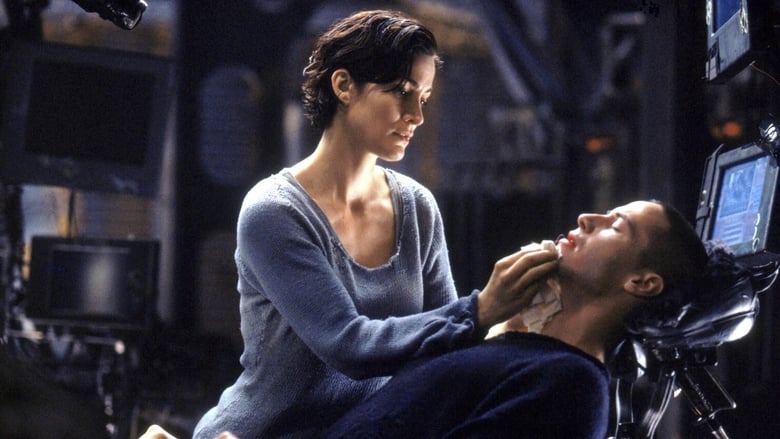
6. American Psycho (2000)
Mary Harron's adaptation of Bret Easton Ellis's notorious novel, American Psycho, offers a chillingly satirical look at the superficiality and moral decay of 1980s excess through the eyes of Patrick Bateman, a wealthy investment banker with a secret, violent life. Christian Bale's performance is a masterclass in portraying charming narcissism masking pure psychopathy.
The film is famous for its dark humor and Bateman's lengthy, detailed monologues about pop music and designer brands, highlighting the emptiness behind his meticulously constructed facade. Bale underwent intense physical training and studied the novel meticulously to embody the role, even basing some of Bateman's mannerisms on Tom Cruise, whom Ellis had originally envisioned for the part.

5. Natural Born Killers (1994)
Oliver Stone's frenetic and controversial Natural Born Killers throws you headfirst into a media-saturated world where a pair of psychopathic lovers become folk heroes through their violent crime spree. Starring Woody Harrelson and Juliette Lewis, the film is a chaotic satire of how the media sensationalizes violence and creates celebrity out of infamy.
Stone employed a wild mix of film stocks, camera angles, and animation styles throughout the movie to reflect the fractured perception of reality and the media circus surrounding the characters. The film's screenplay was originally written by Quentin Tarantino, though Stone heavily rewrote it, leading to a public dispute between the two directors over the final version.

4. Watchmen (2009)
Zack Snyder's adaptation of Alan Moore's seminal graphic novel, Watchmen, presents a gritty, complex world on the brink of nuclear war, where masked heroes are either retired, outlawed, or working for the government. It's less about typical superheroics and more about the psychological toll and moral compromises made in a decaying society.
The film features an alternate history where costumed heroes influenced major historical events like the Vietnam War and the Watergate scandal. Snyder meticulously recreated iconic panels from the graphic novel, aiming for visual fidelity while condensing the sprawling narrative into a single film. Its exploration of cynicism and the nature of heroism makes it a fascinating watch for anyone interested in deconstructing genre tropes.

3. A Clockwork Orange (1971)
Stanley Kubrick's controversial classic A Clockwork Orange delves into the nature of free will, societal control, and ultra-violence with unsettling brilliance. Malcolm McDowell is unforgettable as Alex, the charismatic gang leader whose love for 'ultraviolence' and Beethoven leads him down a path of state-mandated rehabilitation.
The film's unique slang, 'Nadsat', is derived from Russian and Cockney rhyming slang, adding to its disorienting and futuristic feel. Kubrick famously pulled the film from distribution in the UK for many years due to fears it was inspiring copycat crimes, a testament to its disturbing power and the intense debate it sparked about the influence of media violence.
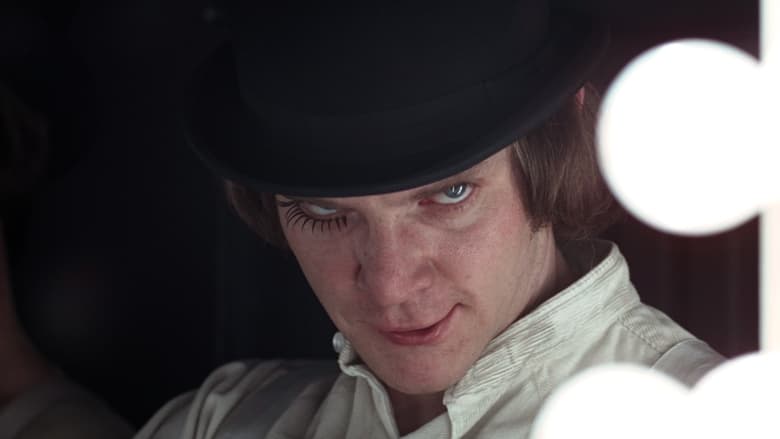
2. V for Vendetta (2006)
For a cinematic explosion of anarchy against authoritarianism, look no further than V for Vendetta. Set in a dystopian future UK, a masked freedom fighter known only as V orchestrates a complex plan to ignite a revolution against a fascist regime. Natalie Portman gives a powerful performance as Evey, whose journey mirrors the audience's own awakening.
The iconic Guy Fawkes mask worn by V wasn't just a design choice; it's based on the historical figure who attempted to blow up the British Parliament. The film, adapted from Alan Moore's graphic novel, was produced by the Wachowskis, who brought their signature visual flair and philosophical depth to the project, creating a powerful statement on political freedom and individual resistance.

1. Fight Club (1999)
If you're looking to see the world burn, few films capture that sentiment quite like Fight Club. David Fincher's masterpiece is a raw, unflinching look at consumerism, alienation, and the desperate search for meaning in a hollow society. Brad Pitt and Edward Norton deliver incredible performances as two sides of the same coin, leading a rebellion against the mundane.
The film's production was famously challenging, with Fincher known for his meticulousness, sometimes demanding dozens of takes for a single shot. This dedication, however, resulted in a visually stunning and thematically dense film that feels as relevant today as it did in 1999. It's a movie designed to provoke thought and maybe make you question everything you own.

